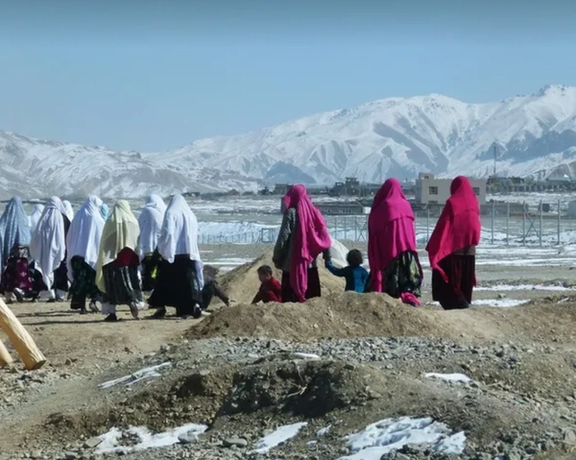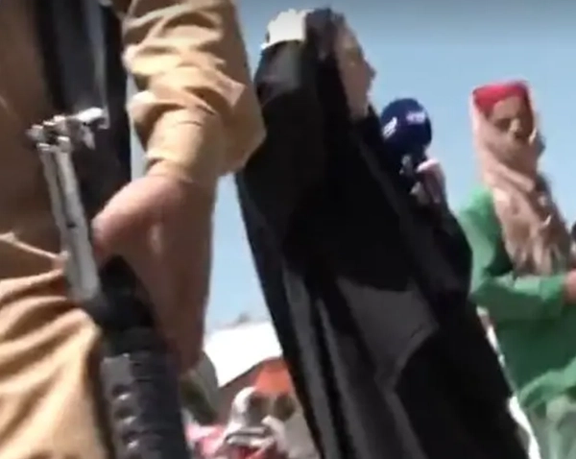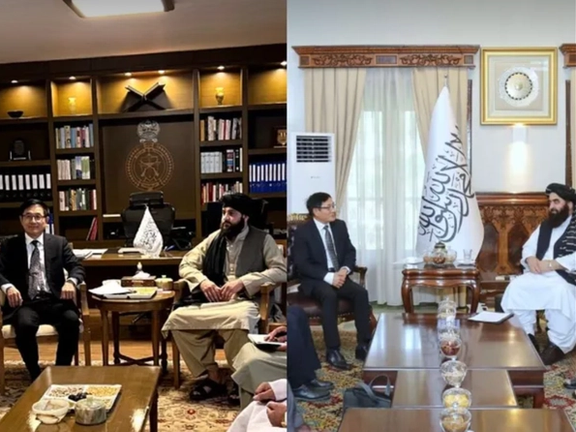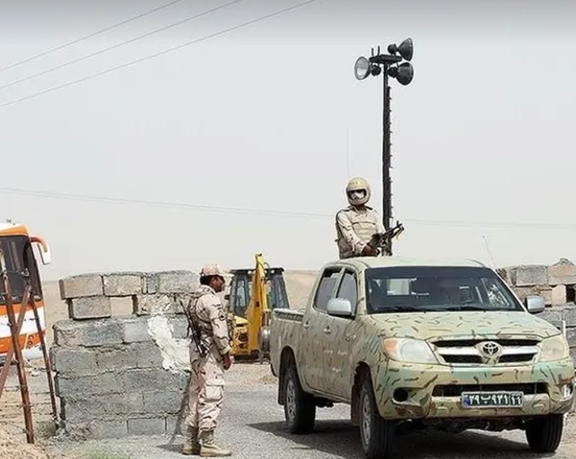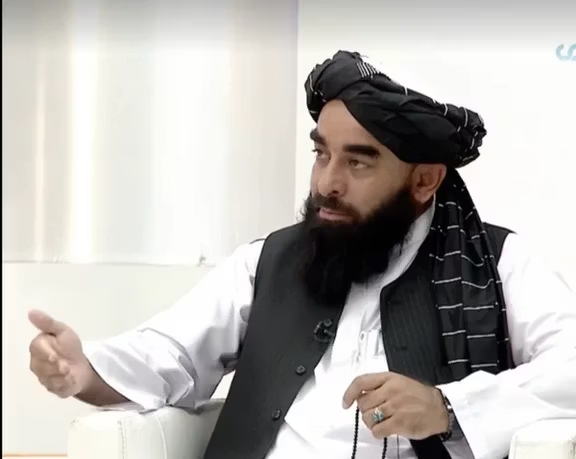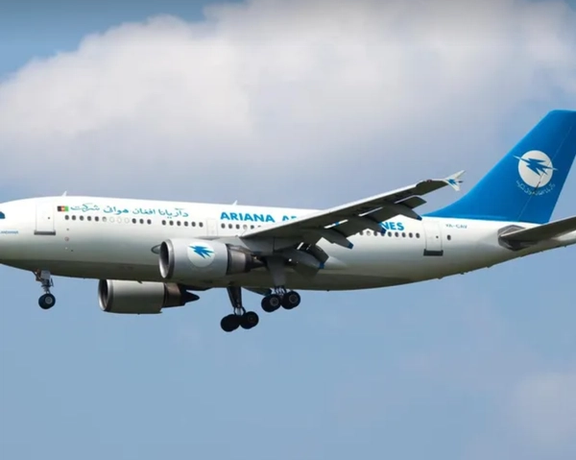No further details about the meetings have been announced.
The Ministry of Defense of the Taliban said that during the meeting with the Chinese envoy, Mullah Yaqoob, the Taliban Defense Minister, appreciated Beijing's assistance and cooperation for the victims of the recent earthquake in Afghanistan and assured facilitation for Chinese investors in Afghanistan.
The Taliban's foreign ministry also said in a statement that Amir Khan Muttaqi, the Taliban Foreign Minister, during the meeting with Xiaoyong, appreciated the process of issuing visas to Afghan businessmen in Kabul by the Chinese government and called it useful for bilateral trade between Afghanistan and China.
Muttaqi said that the group asked China to provide more opportunities for Afghanistan's exporters.
This is Xiaoyong's second visit to Kabul since the Taliban took control of Afghanistan in August 2021.
The Taliban had hinted that they support a United China amidst the dispute between China and Taiwan.
The Taliban's foreign ministry had also reacted to the visit of Nancy Pelosi, the speaker of the US House of Representatives, to Taiwan.
Abdul Qahar Balkhi, the spokesperson of the Taliban Foreign Ministry, indirectly referred to the United States and said that countries should avoid provocative actions.
The Taliban's Foreign Ministry stressed on "the principled policy of a United China" and said that the Taliban wants all countries to "avoid actions that are considered a violation of the national sovereignty of countries and provide the basis for further provocative actions".
